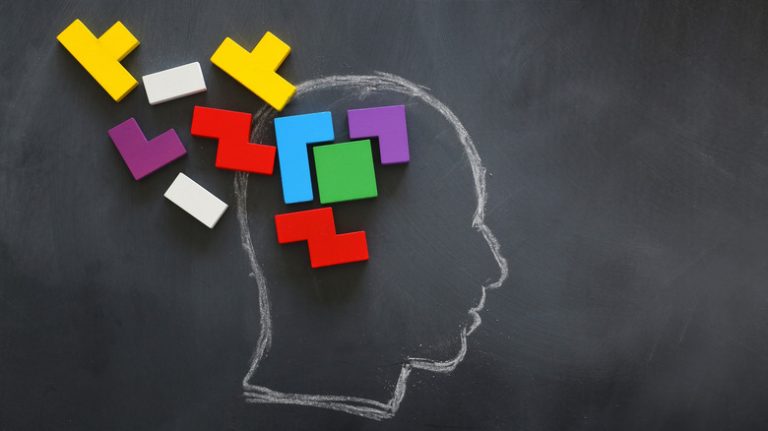Research suggests that mental health and fertility may be more deeply intertwined than one might expect. “Fertility [issues] can take a definite toll on one’s mental health and cause stress,” says Banafsheh Kashani, M.D., a double board-certified OB-GYN and reproductive endocrinologist and infertility specialist in an exclusive interview with Health Digest. “Stress can negatively impact response to fertility treatments and extremes of stress can alter a female’s menstrual cycle or ovulation.”
In addition, Dr. Kashani explains how this stress can also make its way into other areas of our lives. “Stress from infertility can impact relationships, work, and finances,” she says. “Studies have shown that those undergoing fertility [problems] can face a variety of emotional and psychological issues, such as reduced self-esteem, loneliness, feelings of failure, grief, and depression.” Dr. Kashani goes on to explain that some individuals equate a diagnosis of infertility to a diagnosis of cancer, which can lead to anxiety or depression within personal relationships. “While there is a clear line that infertility causes stress, more research needs to be done on the impact infertility has on mental health,” she states.
Signs of mental health issues surrounding infertility

“Women with infertility report higher levels of anxiety, depression, and stress,” reports Dr. Kashani. She explains that this can be particularly true regarding a condition known as trying to conceive (or TTC) anxiety. “Trying to conceive (TTC) anxiety is very common,” she says. “One may notice they are feeling overwhelmed when they see other people getting pregnant and feel insecure as they go through their pregnancy journey.” In addition to anxiety, people in the midst of trying to conceive may also experience a variety of other related emotions, Dr. Kashani explains. “Those TTC may have low self-esteem, feel guilty, experience relationship problems, isolate themselves from family and friends, or worry excessively.”
Dr. Kashani shares that seeking mental health support can potentially increase one’s chances for becoming pregnant. “Studies show that attempts in lowering distress through psychological interventions have been associated with increased pregnancy rates,” she states. For this reason, Dr. Kashani advises individuals to be on the lookout for signs suggesting that they or a loved one may benefit from mental health support services. Such signs include trouble sleeping, loss of interest in favorite activities, increased hunger, loss of appetite, irritability, mood swings, or frequent crying. “There are also support groups and a variety of mental health experts that can help individuals and couples as they go through an incredibly difficult time,” Dr. Kashani offers.
Support resources for those experiencing mental health issues related to fertility

Dr. Kashani points out that non-birthing partners may experience issues related to their mental or physical health as well. “These issues tend to be overlooked but can also be present,” she says. “Often partners try to ‘stay strong’ and repress many of their own anxieties and stressors.” For male partners or partners assigned male at birth, there can be specific issues related to stress. “Extremes of stress can affect their ability to have an erection or their ability to ejaculate, which can make it more difficult to conceive,” she mentions.
Dr. Kashani emphasizes that despite the struggle, there is hope and help to be found. “When struggling with infertility, it can seem like you’re alone in your struggles and no one else knows what you’re going through,” she says. “But there are support groups with many people who have gone through similar trauma.” For those experiencing mental health issues related to fertility, there are resources available for individuals, their partners, and loved ones. Dr. Kashani offers one such resource known as Fertile Friends, a joint initiative through RESOLVE: The National Infertility Association and First Response™. “[It’s] an initiative highlighting available support and resources for those experiencing infertility, as well as tips for friends and family on how they can support those trying to conceive,” Dr. Kashani explains. More information can be found at Support Group|Resolve First Response.
To find out more about Dr. Banafsheh Kashani, you can visit BanaKashanimd.com.




